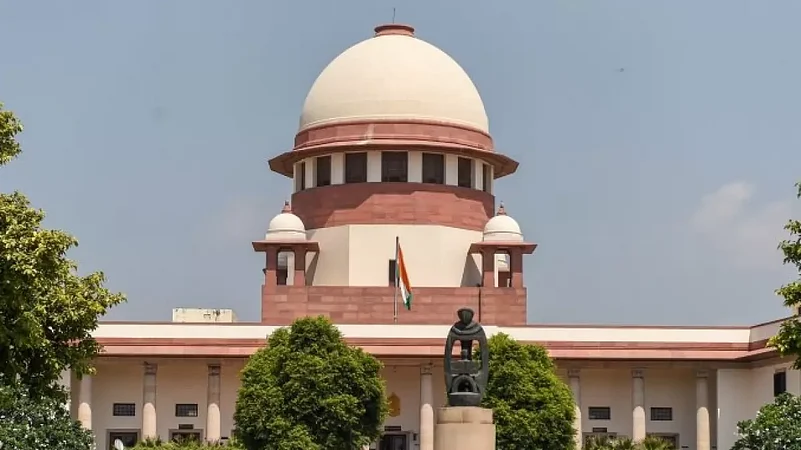A five-judge bench of the Supreme Court, headed by Chief Justice of India (CJI) DY Chandrachud, will hear review petitions challenging its verdict which which upheld the validity of the 103rd Constitutional Amendment which provides 10% reservation in government jobs and educational institutions to Economically Weaker Sections (EWS) on May 9.
On November 7, a five-judge bench of the Supreme Court ruled in a 3:2 judgement that the 103rd amendment and the resultant EWS reservation were constitutional and did not violate the basic structure of the Constitution.
Justice Dinesh Maheshwari had observed that "Reservations for EWS does not violate basic structure on account of 50% ceiling limit because ceiling limit is not inflexible," Livelaw reported.
CJI U.U Lalit and Justice Bhat struck down the amendment as violative of the basic structure of the Constitution.
Addressing the exclusion of SC/ST/OBCs from EWS reservation benefits, Justice Bhat observed that “Our constitution does not permit exclusion and this amendment undermines the fabric of social justice and thereby the basic structure.”
He added that This amendment is deluding us to believe that those getting social and backward class benefit is somehow better placed,” and declared that “by excluding the poor among SC/ST/OBC from economically backward classes, the amendment practices constitutionally prohibited forms of discrimination.”






















